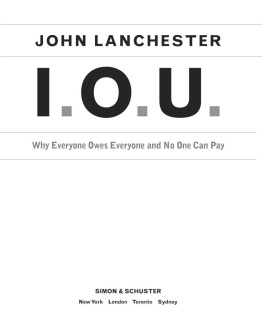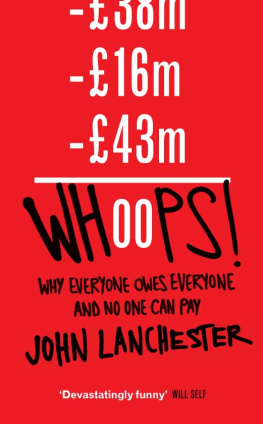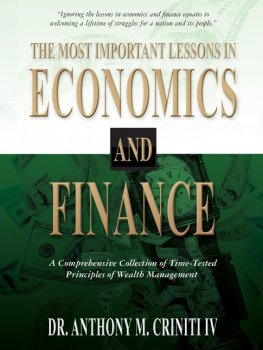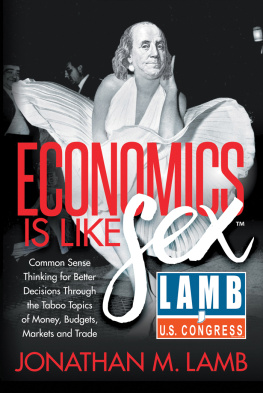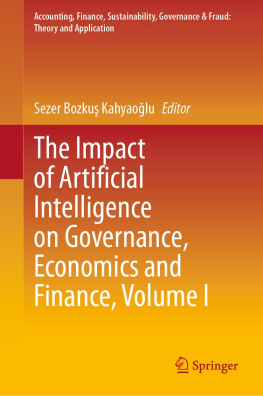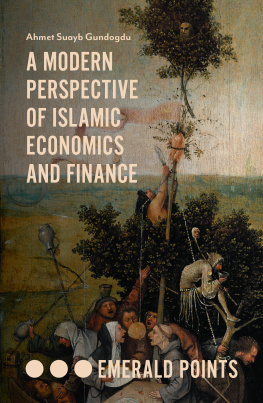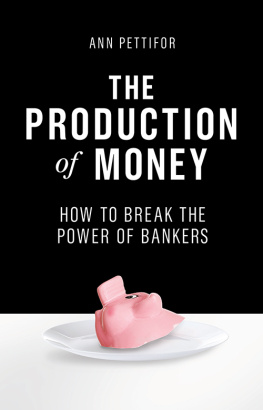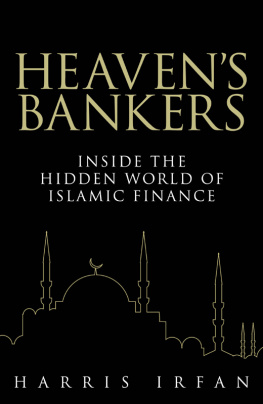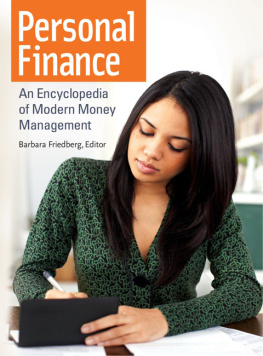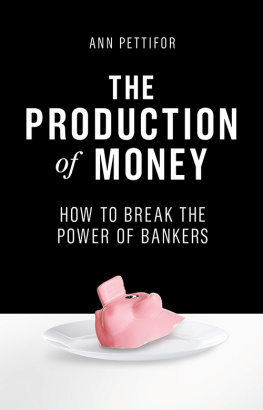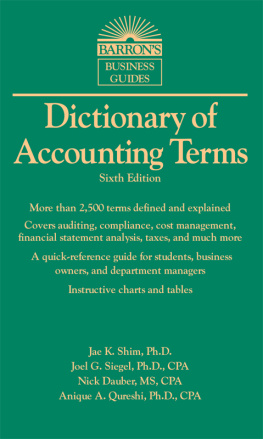How to
Speak
Money
What the Money People SayAnd What It Really Means
John Lanchester

W. W. Norton & Company
New York London
For Mary-Kay Wilmers
The ideas of economists and political philosophers, both when they are right and when they are wrong, are more powerful than is commonly understood. Indeed the world is ruled by little else. Practical men, who believe themselves to be quite exempt from any intellectual influence, are usually the slaves of some defunct economist. Madmen in authority, who hear voices in the air, are distilling their frenzy from some academic scribbler of a few years back. I am sure that the power of vested interests is vastly exaggerated compared with the gradual encroachment of ideas.
John Maynard Keynes, The General Theory of Employment, Interest and Money
Sugar: You own a yacht? Which one is it? The big one?
Joe: Certainly not. With all the unrest in the world, I dont think anybody should have a yacht that sleeps more than twelve.
Billy Wilder and I. A. L. Diamond, Some Like It Hot
Contents
I n relation to economics, governments are like Jack Nicholsons marine colonel in the Aaron Sorkin movie A Few Good Men: You want the truth? You cant handle the truth! Their assumption seems to be that we cant be trusted to face facts and cope with uncomfortable realities about how the world works. Andlets be honesttheres probably something in that. Although we the people will never admit as much, we would on the whole prefer to be spared difficult truths. As a character remarks in Martin Amiss novel The Information, Denial was so great. Denial was the best thing. Denial was better even than smoking. Unfortunately, in this case, denial wont work. When the economic currents running through all our lives were mild and benign, it was easy not to think about them, in the way that its easy not to think about a current when its drifting you gently down a riverand that, more or less, is what we were all doing, without realizing it, until 2008. Then it turned out that these currents were much more powerful than we knew, and that instead of cosseting us and helping us along, they were sweeping us far out to sea, where wed have no choice but to fight against them, fight hard, and without any certain sense that our best efforts would be enough to get us back to shore and safety.
That in essence is why Ive written this book. Theres a huge gap between the people who understand money and economics and the rest of us. Some of the gap was created deliberately, with the use of secrecy and obfuscation; but more of it, I think, is to do with the fact that it was just easier this way, easier for both sides. The money people didnt have to explain what they were up to, and got to write their own rules, and did very well out of the arrangement; and for the rest of us, the brilliant thing was, we never had to think about economics. For a long time, that felt like a win-win. But it doesnt any longer. The current swept too many of us out to sea; even when we got back to land, those of us who did, we can remember how powerful it was, and how helpless we felt. Its a gap we need to closeboth at the macro level, in order for us to make informed democratic decisions; and at the micro level, in terms of the choices we make in our own lives.
everyone should know about interest rates, and why they matter, and also what monetarism is, and what GDP is, and what an inverted yield curve is, and why its scary. From that starting point, of language, we begin to have the tools to make up an economic picture, or pictures. Thats what I want this book to do: to give the reader tools, and my hope is that after reading it youll be able to listen to the economic news, or read the money pages, or the Wall Street Journal, and know whats being talked about and, just as importantly, have a sense of whether you agree or not. The details of modern money are often complicated, but the principles underlying those details arent; I want this book to leave you much more confident in your own sense of what those principles are. Money is a lot like babies, and once you know the language, the rule is the same as that put forward by Dr. Spock: Trust yourself. You know more than you think you do.
An RMBS is a residential mortgagebacked security. Its details are complicated and take a bit of explainingits a type of pooled debt based on peoples mortgages, turned into something that investors can buy and sell. These things that can be bought and sold come in several different tranches, with different levels of safety and accordingly variable yields to the investor. Mezzanine is the riskiest and therefore the highest-yielding tranche of this debt. So thats a vanilla mezzanine synthetic RMBS. Its not rocket science, but its also not The Cat in the Hat.
T he most important mystery of ancient Egypt was presided over by a priesthood. That mystery concerned the annual inundation of the Nile floodplain. It was this flooding that made Egyptian agriculture and therefore civilization possible. It was at the center of their society in both practical and ritual terms for many centuries; it made ancient Egypt the most stable society the world has ever seen. The Egyptian calendar itself was calculated according to the river, and was divided into three seasons, all of them linked to the Nile and the agricultural cycle it determined: akhet, or the inundation, peret, the growing season, and shemu, the harvest. The size of the flood determined the size of the harvest: too little water, and there would be famine; too much, and there would be catastrophe; just the right amount, and the whole country would bloom and prosper. Every detail of Egyptian life was linked to the flood: even the tax system was based on the level of the water, since that level determined how prosperous the farmers were going to be in the subsequent season. The priests performed complicated rituals to divine the nature of that years flood and the resulting harvest. The religious elite had at their disposal a rich, emotionally satisfying mythological system; a subtle, complicated language of symbols that drew on that mythology; and a position of unchallenged power at the center of their extraordinarily stable society, one that stayed in an essentially static condition for thousands of years.
But the priests were cheating, because they had something else too: they had a Nilometer. This was a secret device made to measure and predict the level of floodwater. It consisted of a large, permanent measuring station sited on the river, with lines and markers designed to predict the level of the annual flood. The calibrations used the water level to forecast levels of harvest from Hunger up through Suffering to Happiness, Security, and Abundance, to, in a year with too much water, Disaster. Nilometers were a, perhaps the, priestly secret. They were situated in temples where only priests were granted access; the Greek historian Herodotus, who wrote the first outsiders account of Egyptian life, in the fifth century BC, was told of their existence, but wasnt allowed to see one. As late as 1810, thousands of years after the Nilometers had entered use, foreigners were still forbidden access to them. Added to accurate records of flood patterns dating back for centuriesaccessible only to the priests, because only they could read and writethe Nilometer was an essential tool for control of Egypt. It had to be kept secret, because otherwise the ruling class and institutions would have given up too much of their authority.
The world is full of priesthoods. The Nilometer offers a perfect paradigm for many kinds of expertise, many varieties of religious and professional mystery. Many of the words for deliberately obfuscating nonsense come from priestly ritual: mumbo jumbo from the Mandinka word
Next page

